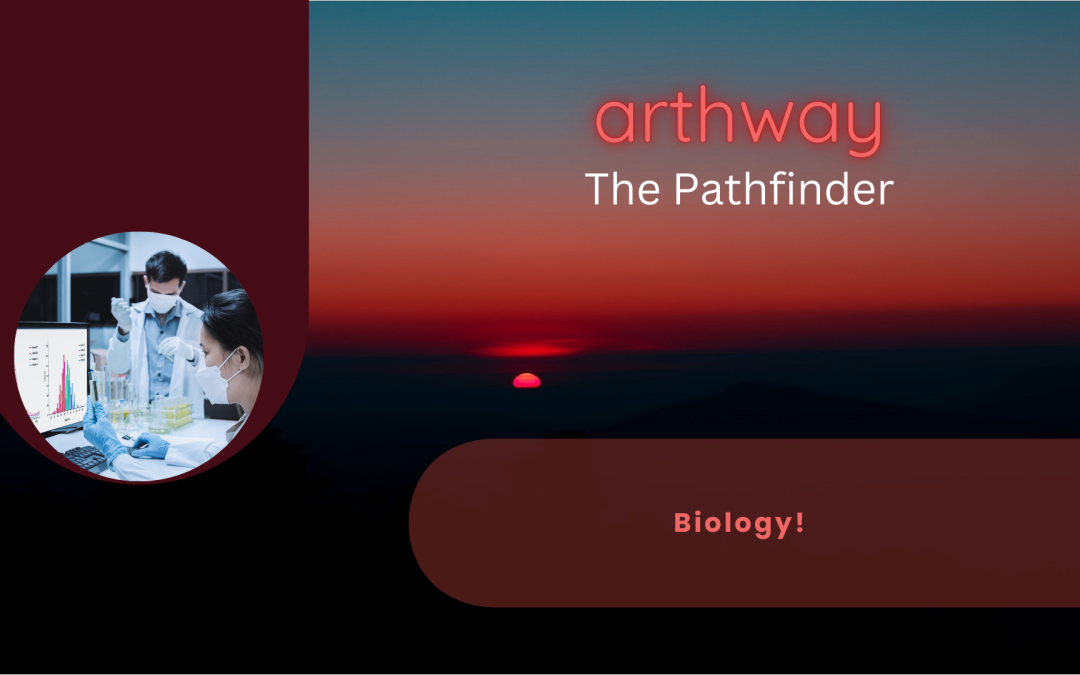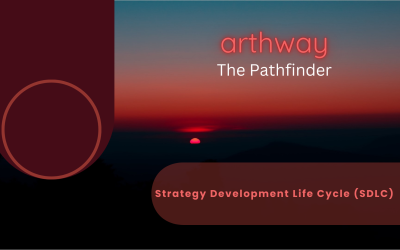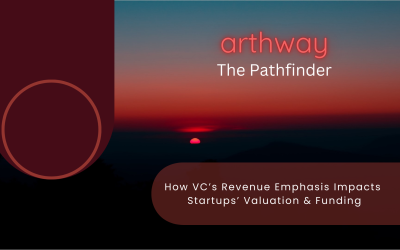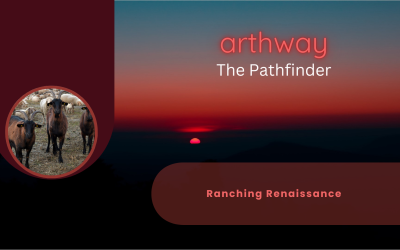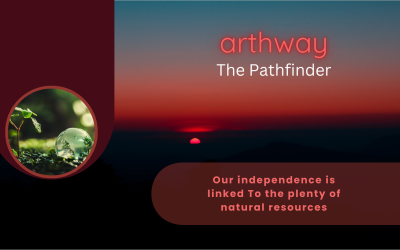Imagine a world where diseases are eradicated, aging is reversed, and our understanding of life itself is fundamentally transformed. This isn’t science fiction; it’s the promise of the 21st century.
Biology, the study of life, is undergoing a revolution. Driven by technological advancements like CRISPR, AI, and synthetic biology, we’re unlocking the secrets of our genes, engineering new organisms, and even exploring the possibility of immortality.
The Human Genome Project
The Human Genome Project, a monumental undertaking completed in 2003, provided us with a blueprint of human DNA. This knowledge has led to groundbreaking discoveries in genetics, medicine, and personalized healthcare. For example, genetic testing can now identify individuals at risk for certain diseases, allowing for early intervention and potentially life-saving treatments.
CRISPR
CRISPR, a gene-editing tool, has the potential to revolutionize medicine. By precisely modifying genes, scientists can correct genetic defects that cause diseases like cystic fibrosis and sickle cell anemia. This technology could also be used to develop new therapies for cancer, HIV, and other intractable diseases.
Challenges
However, our reliance on natural resources is not without its challenges. The relentless pursuit of progress has led to the exploitation of our planet, resulting in deforestation, pollution, and the depletion of finite resources. The consequences of our actions are far-reaching, threatening the delicate balance of ecosystems and jeopardizing the well-being of future generations.
Investing in the Future
To ensure a sustainable future, it is imperative that we embrace a harmonious relationship with the natural world. We must adopt practices that conserve resources, reduce waste, and protect biodiversity. By investing in renewable energy sources, promoting sustainable agriculture, and fostering environmental stewardship, we can safeguard our independence and ensure the continued prosperity of humanity.
Conclusion
The earth, a magnificent and interconnected system, offers us everything we need to thrive. It is our responsibility to steward these gifts with care, ensuring that future generations inherit a planet that is as abundant and beautiful as the one we have inherited. Let us embrace our interdependence with nature and work together to create a world where humanity and the planet flourish in harmony.
You May Also Like…
Y2K Lessons for AI
Catastrophic AI Risks?The Y2K "bug" was a critical concern as the year 2000 approached, stemming...
Strategy Development Life Cycle (SDLC)
A Roadmap for Organizational SuccessIn today's rapidly evolving business landscape, the ability to...
How VC’s Revenue Emphasis Impacts Startups’ Valuation & Funding
The venture capital (VC) landscape has undergone significant shifts in recent years, with a...
Ranching Renaissance: A Future of Flavor and Sustainability
The image of the lone cowboy riding across vast, open plains may seem like a relic of the past....
The Future of Climate Tech: A Complex but Optimistic Landscape
The climate crisis is undoubtedly one of the most pressing challenges of our time. However, it...
Our independence is linked To the plenty of natural resources
Humanity, a delicate dance upon the grand stage of existence, has intricately woven its story with...
Shrink-to-grow model: A portfolio strategy for consistent growth
Shrink-to-grow model is a portfolio strategy that involves divesting parts of a business that are...
Mergers and Acquisitions (M&A): Different Types and Methods
Mergers and Acquisitions (M&A) are strategic business transactions where one company acquires...

